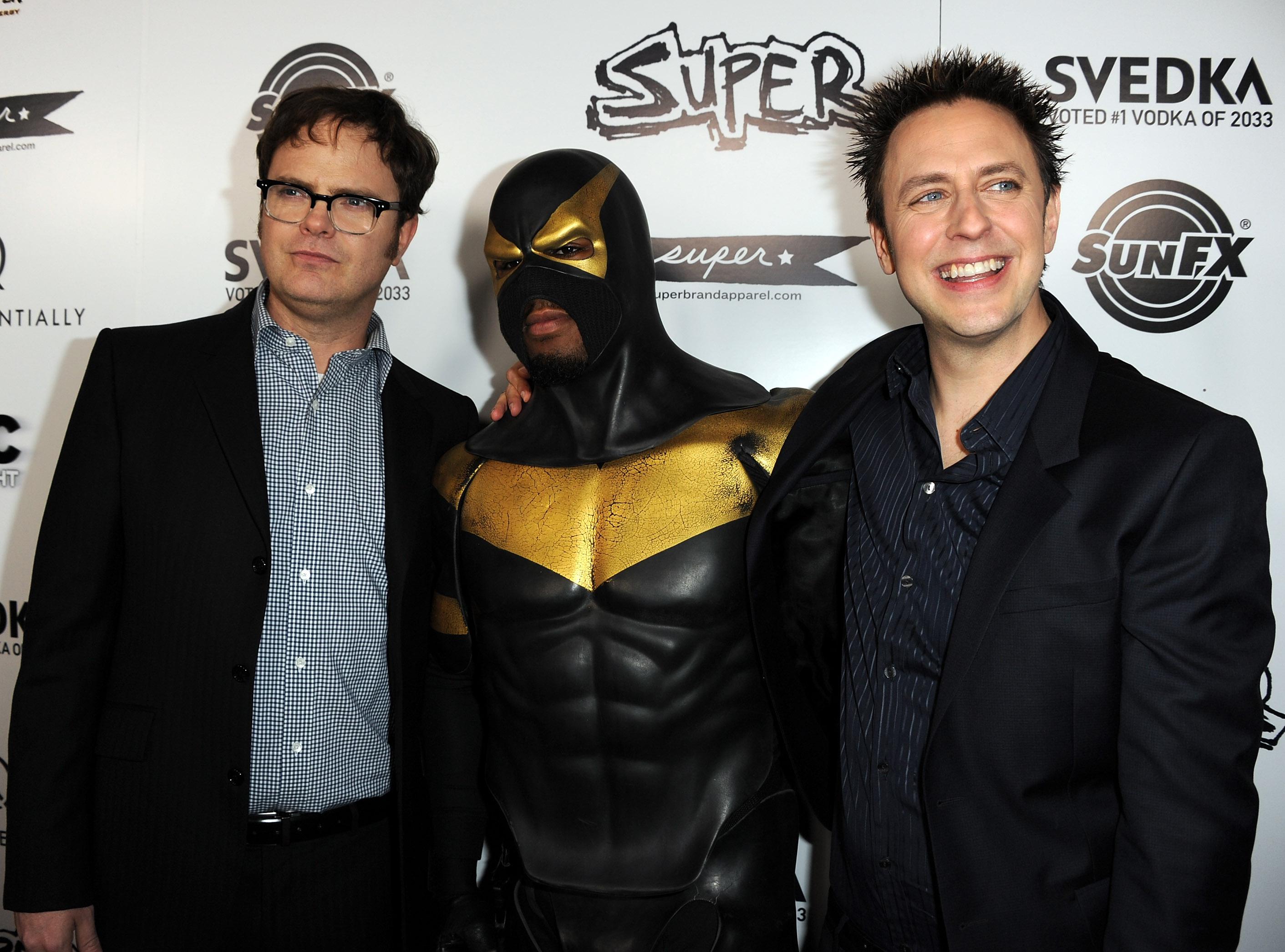Crime is Slate’s crime blog. Like us on Facebook, and follow us on Twitter @slatecrime.
On May Day 2012, a peaceful anti-something-or-other march through the streets of downtown Seattle turned unexpectedly violent as groups of black-clad anarchists started smashing windows, lighting smoke bombs, and tossing paint every which way. The Seattle Police Department must have been taken by surprise, because it did very little to prevent the property damage. As Crosscut.com has reported, “officers heard mixed messages from command staff about how and under what circumstances to get tough. The result: they failed to act quickly or forcefully enough.”
Afterward, the SPD commissioned an independent review of the department’s actions and inactions on May Day 2012. The review produced a recent report that analyzes the Police Department’s response and offers suggestions for how to avoid the same mistakes this year. The report is pretty standard and filled with sensible advice, especially on how the SPD ought to deal with the superhero menace.
What’s that? You haven’t heard of the superhero menace? Seattle, being a somewhat silly place, is the home town of the Rain City Superhero Movement, a group of eccentric citizens who roam the streets wearing homemade superhero costumes, occasionally attempting to stop crime but mostly posing for photographs. Last year, several of the Rain City members inserted themselves into the protests, attempting to stop the anarchists from causing trouble. The independent review on May Day 2012 found that the superheroes just made things worse: “Rain City Superhero Movement individuals were allowed to participate in the melee at 1010 5th Avenue (U.S. Appeals Federal Courthouse). Their participation resulted in allegations of assaults/crimes.” That’s just what that stupid J. Jonah Jameson said about Spider-Man. At least Spider-Man gets results!
Seattle’s KUOW.org reports that the superheroes are planning to be back this year. Though the police have asked the Rain City folks to stay home, the group’s leader, who wears black-and-gold body armor and calls himself “Phoenix Jones,” says they’ll do nothing of the sort. “[SPD] let me know that they had it handled,” Jones told KUOW, “and I said, ‘perfect, then you won’t need us, but we’ll see you there.’ ” I imagine this is exactly the sort of thing the Justice League used to say. (Also, it should be noted that “Phoenix Jones” is in better shape than Batman. In day-to-day life, he is an MMA fighter named Benjamin Fodor, and he is ripped.)
You have to feel for the Seattle police. As if they didn’t have enough to worry about, what with the window-smashing anarchist threat, and with all the implausible twists and turns of their investigation into the death of Rosie Larsen, now they have to worry about “Phoenix Jones” and “El Caballero” pepper-spraying protesters. But there’s no law against walking around in a superhero costume. And you can’t arrest a person for something he hasn’t yet done. “We cannot get into the mind of individuals and take enforcement based on the way they’re dressed, even if it is a superhero uniform,” said interim Police Chief Jim Pugel. (Ray Kelly and the NYPD might disagree.)
The Seattle police have acted with admirable restraint here, perhaps because they have no other choice. The action plan for this year’s May Day recommended that “SPD should collaborate with the City Attorney’s Office to determine legal strategies to restrict ‘superheroes’ from creating crime and interfering with law enforcement operations.” And Pugel has issued an open invitation for Jones and his group to contact him with questions about appropriate superhero behavior. “Phoenix could get ahold of me or one of the commanders in the Police Department,” Pugel told KUOW, presumably by dialing the special red telephone that sits on the chief’s desk.
